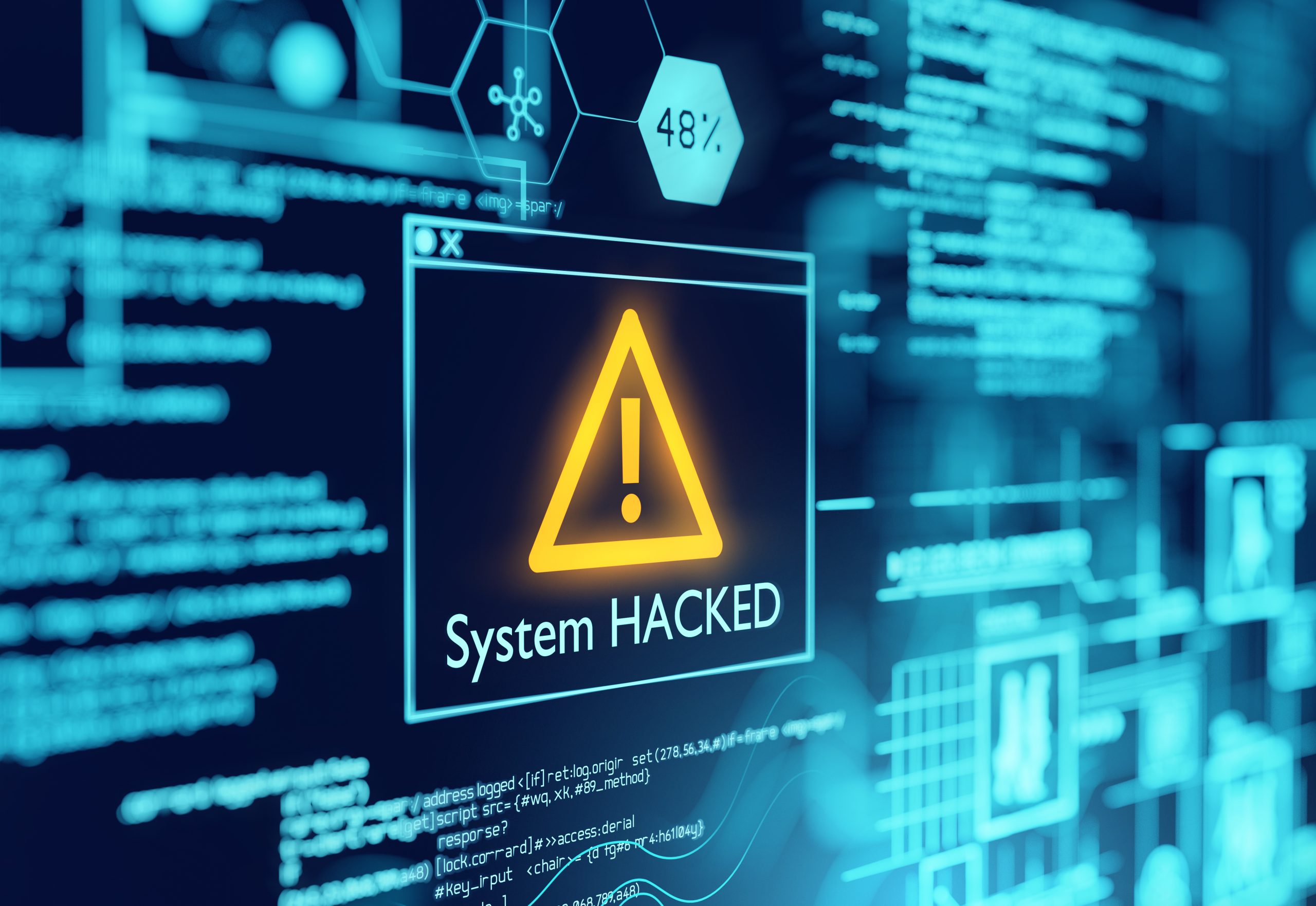Cyber Security
Strengthening Cybersecurity in the UK: A United Front Against Cyber Crime
10 September 2024
|
Zaker Adham
Cyber crime continues to be an unpredictable and widespread threat to the UK’s national security.

Its consequences are severe, leading to business shutdowns, compromised public services, stolen customer data, and major financial losses. Recent studies from Sophos show that the cost of recovering from ransomware attacks surged by 50% last year, reaching an astonishing $2.73 million (£2.07 million) per incident.
Given the growing risks, it is essential for businesses to adopt a proactive approach to cybersecurity, implementing protection measures before, during, and after cyber incidents. To support this, the National Crime Agency (NCA), the Information Commissioner’s Office (ICO), and the National Cyber Security Centre (NCSC) are collaborating to offer guidance and resources to UK organizations.
On September 5th, the NCA and ICO signed a memorandum of understanding, reinforcing their commitment to assisting victims of cyber attacks and promoting the reporting of such crimes. This joint effort aims to improve resilience across the UK as cyber threats continue to rise.
Dispelling Cybersecurity Myths
Misunderstandings about cyber attacks can leave businesses vulnerable. It is important to address these misconceptions so that organizations can effectively protect themselves. Below are some common myths about cybersecurity:
Myth 1: Staying Silent Helps Avoid Trouble Many businesses believe that not reporting an attack will help them avoid sanctions. However, under data protection laws, they have a legal obligation to report incidents. Silence only benefits criminals and can worsen the impact on both the organization and others.
Myth 2: There's No Help Available Contrary to popular belief, numerous resources are available to businesses after a cyber incident. Organizations that report cyber crimes can receive technical advice, secure communication channels, and strategic guidance from government bodies.
Myth 3: You Only Need to Report to One Entity Different cyber attacks require different reporting paths. It’s important to understand the correct authority to notify, whether it’s the NCSC for unauthorized access or Action Fraud for financial loss.
Myth 4: You Can’t Know About Attacks Until It’s Too Late UK organizations with a static IP or domain can use the NCSC’s free Early Warning service to detect potential threats before they escalate. This service is an added layer of defense that complements existing security protocols.
Myth 5: Paying Ransom Guarantees Data Retrieval Paying ransom to cyber criminals doesn’t guarantee the return of stolen data. In fact, criminals may keep or misuse the data even after payment. Law enforcement strongly advises against paying ransoms.
Myth 6: The NCA and NCSC Will Share Information with Regulators The NCA and NCSC do not share confidential information with regulators unless they have permission from the victim organization.
Roles of Key Organizations
- National Crime Agency (NCA): The NCA’s National Cyber Crime Unit (NCCU) is responsible for coordinating the national response to cyber crime, collaborating with law enforcement and intelligence agencies, and supporting victims of attacks.
- Information Commissioner’s Office (ICO): The ICO enforces data protection laws in the UK. It ensures that personal data is handled securely and fairly and can issue fines to organizations that fail to meet compliance standards.
- National Cyber Security Centre (NCSC): The NCSC provides early warnings, offers guidance, and monitors cyber threats across the UK. Its mission is to keep the UK’s digital landscape safe.




